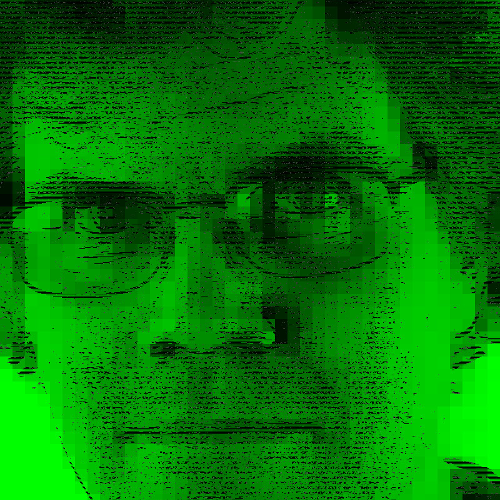It's a whirlwind tour of voter suppression in the USA. Nowadays, Depending on who you ask, North Carolina is no longer considered a fully-functioning democracy; how did we land in this situation?
Nowadays, corrupt Secretaries of State ignore most kinds of election fraud, but focus on preventing one kind: Voter Fraud. Voter fraud involves getting a human being to go to a physical voting place and impersonate a voter. It would be a pretty stupid way to cheat at an election: the logistics of moving around many many fake voters is much more difficult than the logistics of, for example, moving around many many fake ballots. That's why eletion fraudsters use other means. Each election, scattered around the country you'll see new reports of a few confused folks voting twice; nowhere near enough to swing elections. But a corrupt Secretary of State will use this as an excuse to change state election rules so that only people who can show a driver's license can vote. Then the state shuts down DMV offices in carefully-chosen areas. Thus, most Black folks must travel far to get ID; white folks can pick up ID nearby. Unsurprisingly, many voters of color can't take a half-day to travel to get ID. When Alabama set up a Voter ID law, they "needed" to issue 300,000 IDs to cover every voter who didn't already have a license; but in fact Alabama only issued 5,000 of these IDs, having dissuaded the other voters via sheer hassle.
Some folks, railing against false voter fraud claims, go too far: they falsely claim that there is zero voter fraud out there. This book doesn't fall in that trap, thank goodness, instead pointing out the handful of loons who try it each year. That's good; if you're dealing with conspiracy theorists, you'd better not claim there's zero voter fraud when a quick news search will turn up a few cases.
Nowadays, corrupt Secretaries of State suppress votes by removing voters' names from the rolls. As presented, this sounds reasonable: when voters move away or pass on, you want their names off the rolls, lest fraudsters use those names for fraud a la 1960s-era Chicago. But nowadays states already remove these moved-on names from their rolls. Corrupt Secretaries of State remove many, many names of valid voters right before elections. E.g., Secretary of State Kemp removed the names of 600,000 people who had moved out of Georgia… except that 300,000 of those people hadn't actually moved out of state. By the time the courts step in, it's too late to fix the problem. Many removed-from-rolls voters figure out how to re-register in time for their vote to count, but many others don't. Somehow, the corrupt Secretary of State doesn't go to jail (in Kemp of Georgia's case, he instead went to the Governor's office); somehow, the election results are allowed stand.
Something I learned from this book: I knew that corrupt Secretaries of State removed voters from the rolls who hadn't voted for a few years. I didn't know that the NVRA specifically mentioned that this was not a valid reason to toss a voter off the rolls.
Gerrymandering is unusual in that both major parties do it. The book points out an interesting recent case: New Jersey, 2018, centrist Democrats wanted to gerrymander; progressive Democrats stopped them.
Anyhow, this book is one of those that I had to read slowly because I kept pausing to shake my fist.
